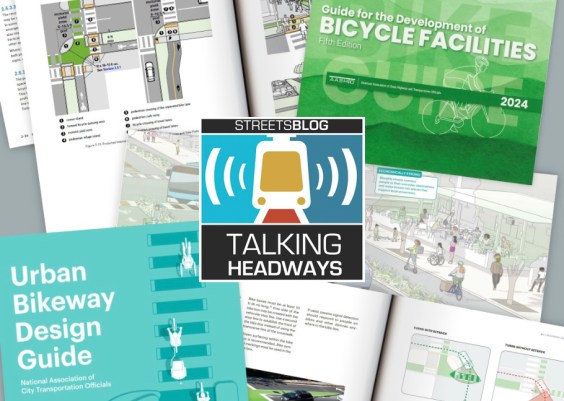The emergence of app-based taxis and private city bus services has prompted a lot of handwringing about the emergence of a "two-tiered" or "stratified" transportation system.

Network blog Cap'n Transit doesn't have much patience for that argument. America's transportation system is already highly stratified, and it's hard to see how the new services will make that situation worse:
If you go to a small city like, say, Lancaster, Pennsylvania, you'll see our stratified system in action: the people on the buses are mostly poor and nonwhite, and everyone else is driving. Ride the bus in a city like Kingston, New York, where the received wisdom is that "everyone drives because you need a car to get around," and you'll see that there are still people who don't drive: the extremely poor and the mentally and physically disabled. Here in New York the majority rides the subways, but there is a stratum that drives everywhere, and pretty much runs the city.
The bus and rail strata are largely run by the government and paid with tax money, but some of the money comes from fares paid by passengers. In the strata where people drive, passengers often contribute the labor of driving themselves, and pay a lot of money for the vehicles, fuel, insurance and other costs, and also contribute to the construction and maintenance of road, bridge and parking infrastructure through taxes. But as has been shown time and again, they do not pay the entire cost of the system; a much larger share of general tax revenue goes to driving than to transit.
This stratified system can be very cruel to those in the bottom strata, and it generally gets worse the smaller the share of the population that takes transit. The poorer the average transit user is, the slower, dirtier, more crowded, less frequent, and less reliable the transit.
Even here in New York, the driving classes are constantly blocking improvements to transit, whether it's another commuter rail track, extension of an el train, allowing bus pickups or dedicating a bus lane. So yes, I know firsthand how bad it is to have a stratified system with minimal investment in the lowest strata. And I can't see how Uber, Lyft, Chariot and Bridj could possibly make things any worse.
In fact, I see it the opposite way: that people who take these taxi and premium bus services are less likely to identify as drivers and more likely to take transit and support transit expansion. If they don't have cars to park, they're much less likely to go crazy over reallocating street space from parking to transit.
Elsewhere on the Network today: Broken Sidewalk reports three pedestrians have been killed this year on the same street in Louisville. World Streets says pedestrian bridges have no place in a clean air strategy. And Pedestrian Observations analyzes the "transfer penalty" for transit riders.





